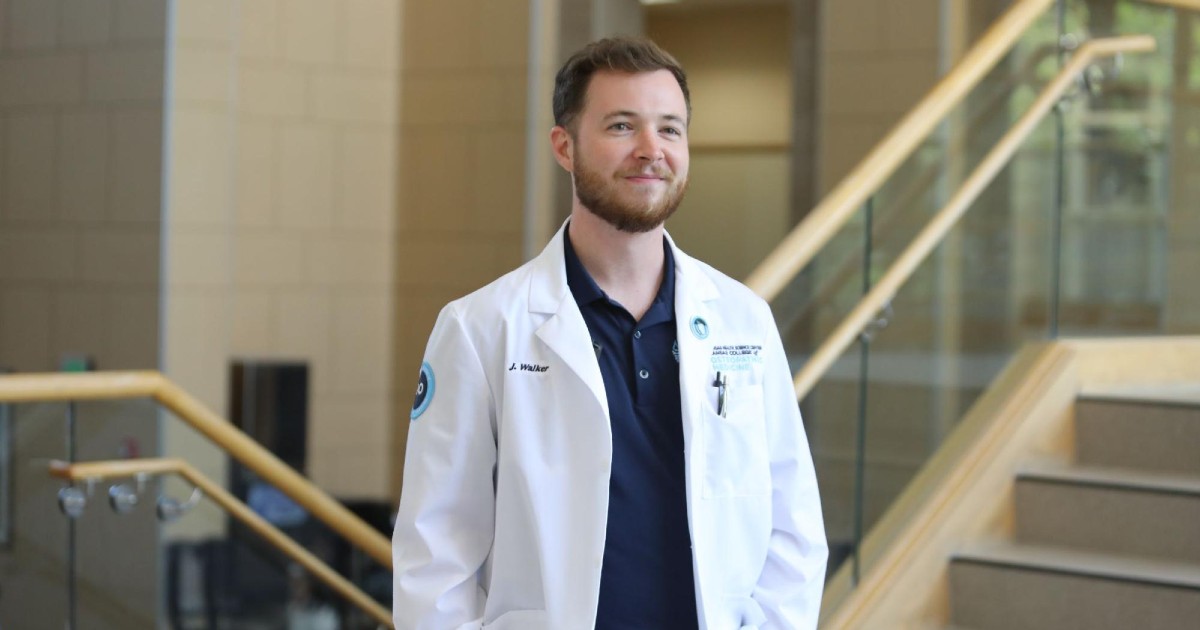As a DO (Doctor of Osteopathy), your skill set is vital for a wide range of patients who will come to you with a variety of needs and questions. As medical professionals trained with traditional medical knowledge and holistic approaches to patient care, a doctor of osteopathy can prescribe medication and perform surgery like any other doctor. But their unique philosophy to treating the body—looking at the body as not just the sum of its parts, but as a single complex organism—gives these doctors a deep and comprehensive understanding of why a patient might be sick, and what can be done to treat them and not just eliminate the symptoms.
How Is Osteopathic Medicine Different? – Doctor of Osteopathy vs. Medical Doctor
While both doctors of osteopathy and medical doctors are accredited doctors who are legally allowed to practice medical care in the U.S., there are a few bits of crucial information that differentiate them from one another. The main difference boils down to their philosophy of care. Medical doctors primarily practice an allopathic approach to care. This means that they focus on modern, research-based medicine, often using a combination of prescriptions and surgical procedures to treat their patients. A DO on the other hand practices osteopathic medicine, which is focused on not just the symptoms, but on the whole body. DOs not only treat the primary reason a patient steps into their office. Instead they focus on what leads up to symptoms that result in this patient having to seek medical treatment. By looking at the root of the issue, a doctor of osteopathy goes beyond eliminating the symptom—they are treating the patient.
What Are the Working Conditions of Most Osteopathic Doctors?
If you are wondering where a doctor of osteopathy can work, you might be surprised by the answer. A DO can work and practice medicine in a wide variety of settings. Below are just a few of the many places an osteopathic doctor work and make a major difference in the lives of their patients.
Small Private Offices – An osteopathic doctor’s holistic approach makes them the perfect candidate for working in smaller offices, either in rural or urban areas, as general practitioners for a diverse population. With their knowledge of the full scope of medicine, from pediatrics to geriatrics, a private practice is the perfect place to treat patients.
Clinics – Providing primary care for patients alongside clinicians, a DO working in a clinic will help treat and work with a wide variety of patients, assessing their unique situations and treating each one accordingly.
A Hospital’s Emergency Department – An osteopathic doctor’s skill set can be a major contributor in the wing of a hospital where patients are coming in with life-threatening injuries. Alongside a proficient team of surgeons, an osteopathic doctor’s focus on treating the entire body is an integral part of delivering results that can help save lives.
A Laboratory – As a skilled medical professional, a doctor of osteopathy would be a vital asset to a medical laboratory. Alongside their team, a DO in the laboratory will work as a researcher, assessing the cause of illnesses and the best way to treat them.
Where Can You Become an Osteopathic Physician?
At KansasCOM (Kansas College of Osteopathic Medicine), starting your career in this well-respected and quickly growing medical field can happen sooner than you think. Supporting a mission to train the osteopathic physicians of tomorrow, KansasCOM’s dedicated faculty utilize impactful educational methods to train talented graduates. Providing you with the skills needed to treat patients with empathy, quality service, and innovation, Kansas Health Center may be the start of a rewarding career as a doctor of osteopathy.

